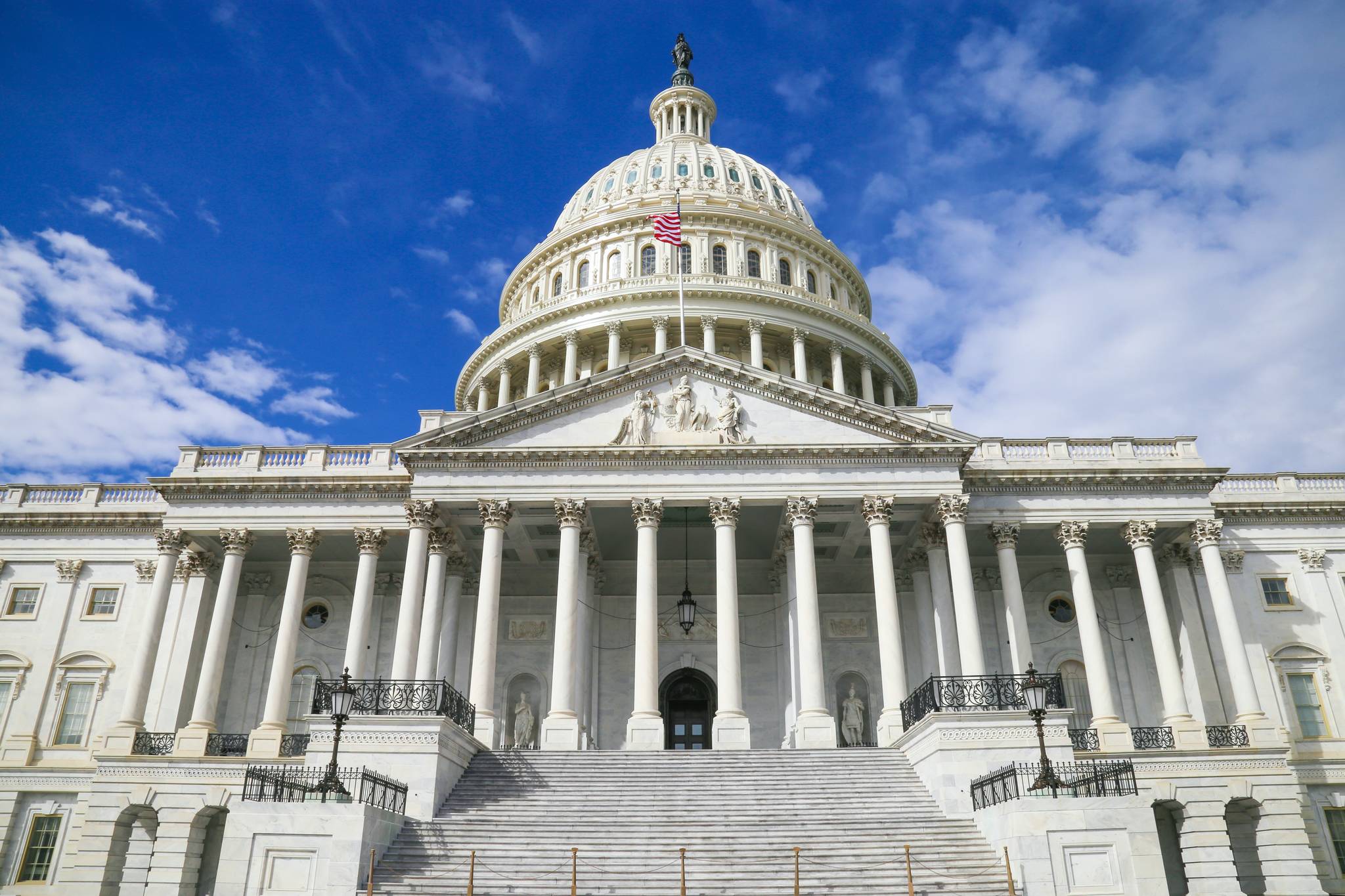By Rich Moniak
“Today, Senate Democrats decided they want more party line votes to push their agenda forward without needing to engage a single Republican. It’s a power grab, plain and simple.”
That reads like a statement prepared in case Democrats abolish the senate rule known as the filibuster. But it was a response by Sen. Lisa Murkowski to the partial restriction of its use imposed by Democrats in 2013.
The filibuster is an archaic Senate rule that’s too often used as an abusive threat to obstruct the legislative agenda and presidential appointments supported by the majority. It needs to go. And the left flank of the Democratic Party is pushing for that to happen now. But doing away with it treats only a symptom of the partisan dysfunction in Congress. And now is the wrong time.
Murkowski’s past statement more accurately describes the current possibility than the limited action Democrats took eight years ago. At that time, they only denied the minority party use of the filibuster to block the president’s executive and judicial nominees excluding the Supreme Court.
Murkowski has always opposed using the filibuster for that purpose. Judicial “nominees deserve to be considered based on their merits” she said way back in May 2005 and maintained that position throughout Barack Obama’s presidency.
Democrats were the obstructionists in 2005. During the 108th Congress, they blocked 10 judges nominated by President George W. Bush. In defense of four of them, Republicans decided to filibuster first to protest the Democrats’ intent to filibuster. Then Minority Leader Harry Reid, D-Nev., took the floor for an eight-hour filibuster in an attempt to block the anti-filibustering majority.
If that sounds more like a circus than a serious legislative body, it was just the opening act of a decade or rank hypocrisy.
Sen. Mitch McConnell, R-Ky., was the Republican whip in the Senate when Reid pulled that stunt. He became the Minority Leader when Obama was elected president. And proceeded to wildly surpass Reid’s obstructionism. In four years, he used the filibuster against as many nominations as the number both parties combined had blocked during the prior forty years.
And Reid, who went to unusual lengths to defend the filibuster as Minority Leader, engineered its partial burial as Majority Leader in 2013.
“You’ll regret this,” McConnell said. “And you may regret this a lot sooner than you think.”
Soon enough came in April 2017 when McConnell ended filibusters on Supreme Court nominees to allow the confirmation floor vote for Justice Neil Gorsuch. And paved the way to confirm two more.
Now, if Democrats end the filibuster for all proposed legislation, it’s to do exactly what Murkowski spoke about in 2013 – enact legislation without the support of a single Republican.
That wouldn’t necessarily be wrong if Democrats had commanding majorities in both chambers. But abolishment of the filibuster would be a grab for power they hoped voters would give them but didn’t. In the Senate, they anticipated a two or three seat majority but got a 50-50 split. And instead of improving upon their 36-seat majority in the House, it shrunk to 11.
There’s no chance Democrats will pass much of their agenda if the filibuster survives. Topping that list is a bill to establish automatic voter registration, expand early and absentee voting, streamline mail-in voting and restore voting rights for felons. It would also put an end to gerrymandering of congressional districts.
In normal times, I would fully support all those measures. But they shouldn’t be passed with the slimmest partisan majority aided by the abolishment of the filibuster on the heels of Donald Trump’s toxic and indefensible lies that the election was stolen. Doing that will be portrayed by the darkest characters in the Republican Party and the conspiracy loving Fox News opinion hosts as an authoritarian attempt to illegitimately hold power forever.
Let me be clear. I don’t believe in bowing to threats by people who embrace “Loony lies and conspiracy theories.” That’s McConnell’s description, not mine, of the cancer infecting his party. But sadly, that’s the state of the country we live in. And inflaming their anger and hatred will in turn weaken the voices of moderate Republicans and the many principled conservatives we need to help heal America’s democracy.
• Rich Moniak is a Juneau resident and retired civil engineer with more than 25 years of experience working in the public sector. Columns, My Turns and Letters to the Editor represent the view of the author, not the view of the Juneau Empire. Have something to say? Here’s how to submit a My Turn or letter.

